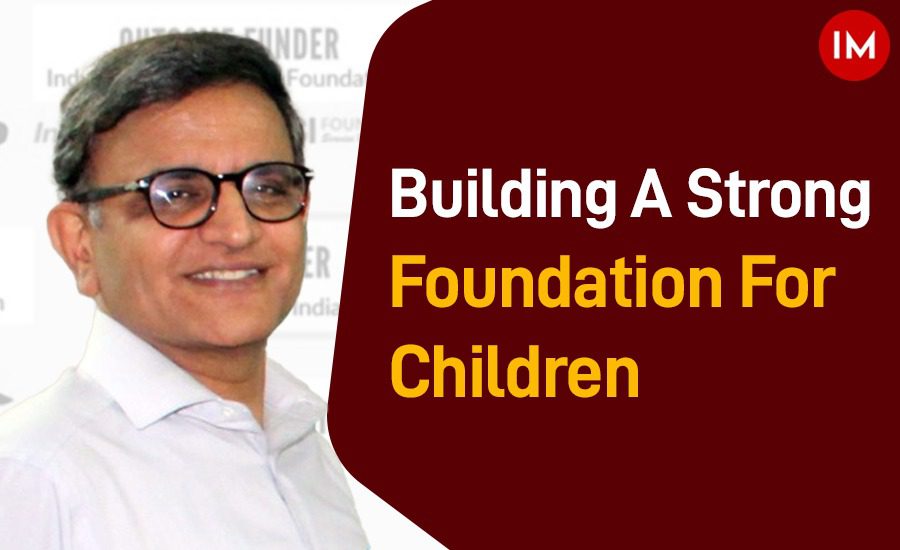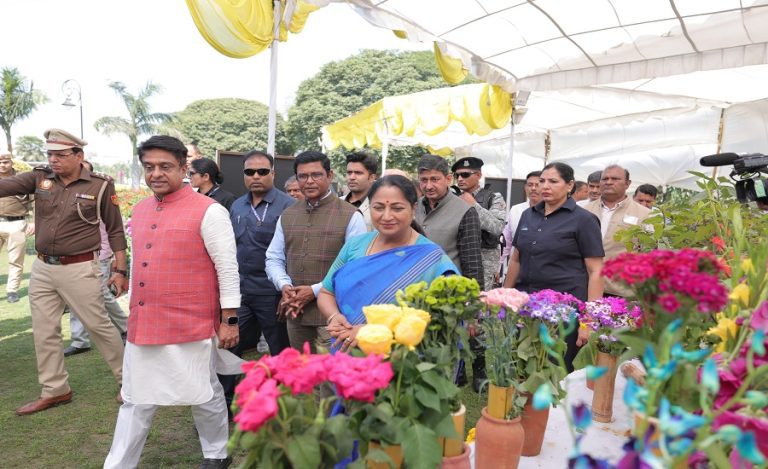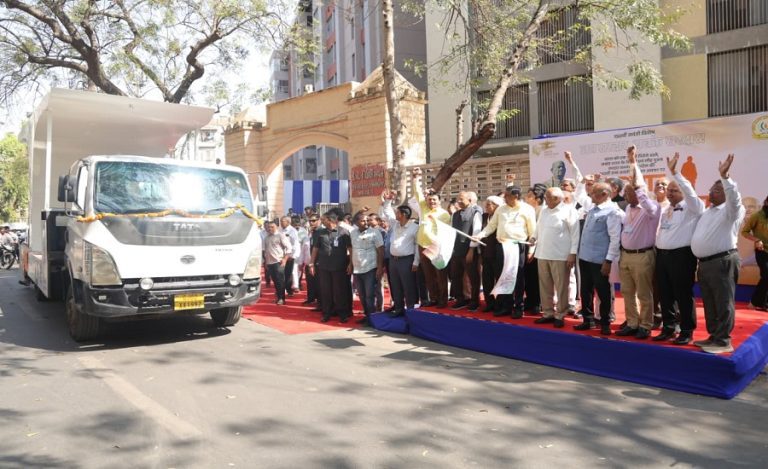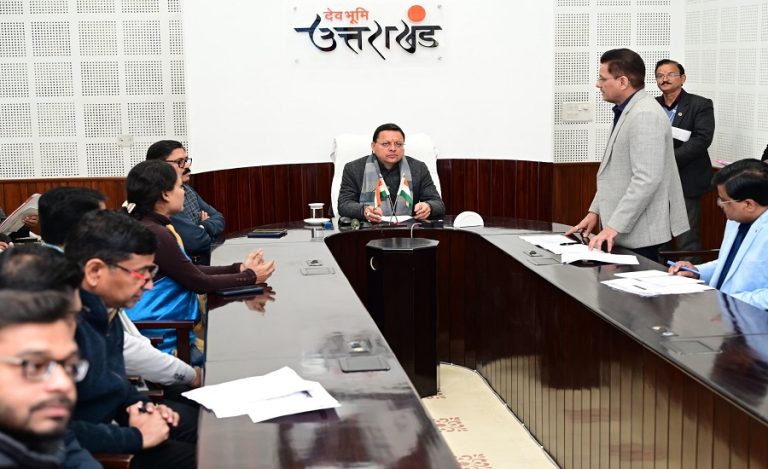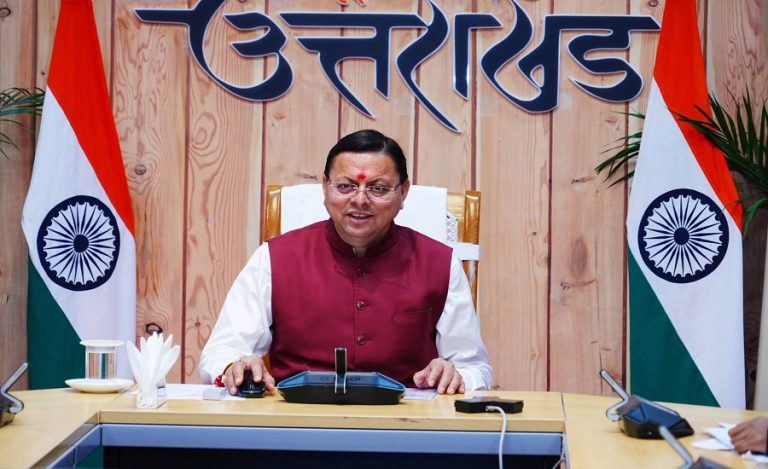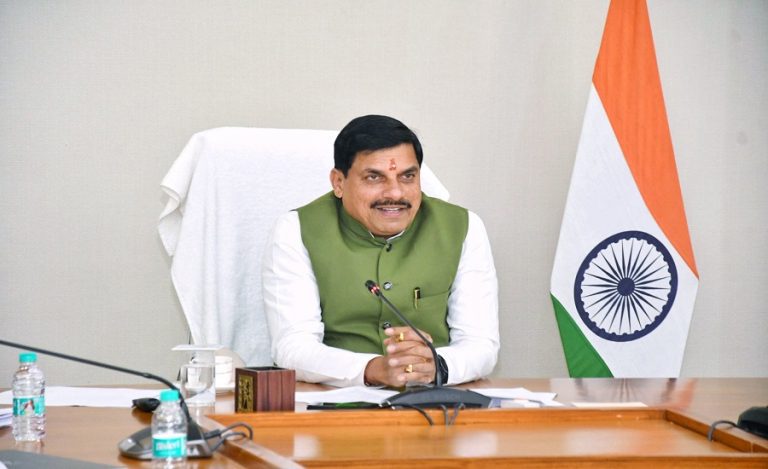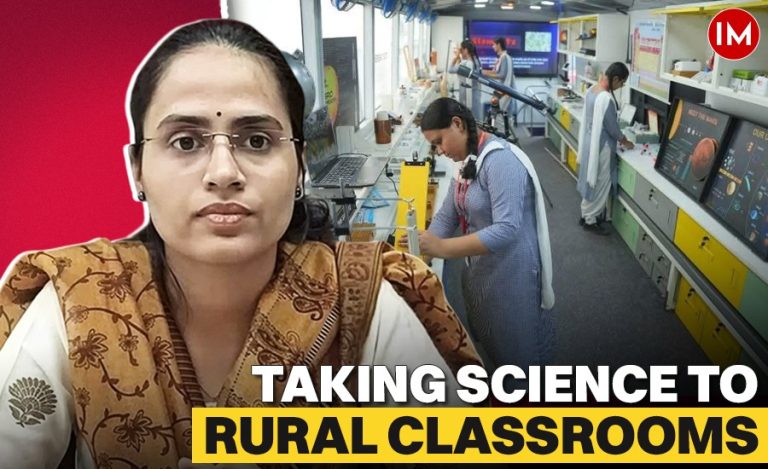Nitya, a student of Class 3, studies in a high-end school. Regardless of the facilities in the school, she still struggles to even read two or three words in the two languages, primarily Hindi and English, taught in the school. And she is not the only one with this problem.
A ASER report raised concern that the percentage of children in Class 3 in government or private schools, who could read a Class 2 text, reduced from 27.3 per cent in 2018 to 20.5 per cent in 2022, across the state. Also, the percentage of children enrolled in Class 5 in government or private schools, who could read a Class 2-level text, dropped from 50.5 per cent in 2018 to 42.8 per cent in 2022.
In such an alarming scenario, an NGO called Language Learning Foundation (LLF) was established by former IAS officer of Assam cadre, Mr. Dhir Jhingran. He took VRS after about 26 years of service in government. He had played a pivotal role in education programmes such as Sarva Shiksha Abhiyaan and District Education Programme. Now, with LLF, he collaborates with state and central governments to work towards improving foundational learning of children.
Recently, he introduced Development Impact Bonds for the first time in the education sector in seven districts of Haryana that benefited around 1 lakh 64 thousand students. This exercise was so successful that, after three years, all the students in the programme were able to read 70 words per minute, exceeding the Global Minimum Proficiency standards for reading. How was this possible? Let’s find out in detail.

DEVELOPMENT IMPACT BOND IN EDUCATION (DIB)
DIB is an outcome-oriented instrument for financing development projects. For the first time, it has been used in the education sector. So, Haryana Development Impact Bond was path-breaking in many ways. Generally, corporates fund NGOs for various projects as part of their CSR. In DIB, everything else, except the targets, is fixed and funds are given for a longer period of time.
Here, the officer’s NGO LLF, which is already working in the area of foundational learning was given funds by SBI and IndusInd bank for a period of three years and targets were fixed. In case the targets could not be achieved by LLF within the fixed time, the Central Square Foundation would come in as the guarantor. The slabs were fixed for the guarantor to compensate the bank. If LLF manages to achieve more than the fixed target, then it would get incentives from the bank.
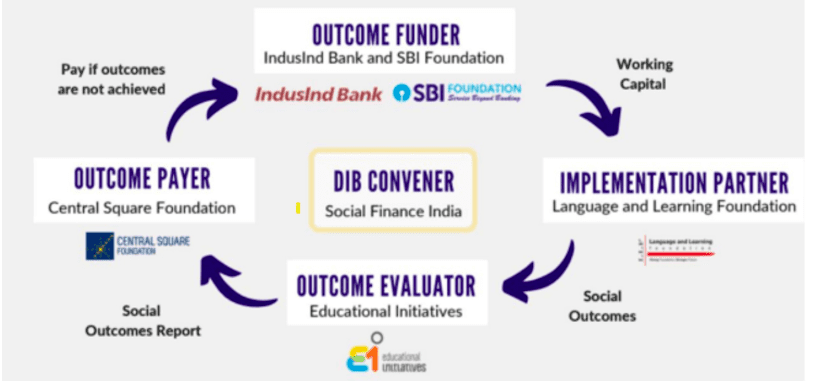
KEY OBJECTIVES
Mr. Jhingran’s Foundation works majorly in providing professional training to teachers, developing children’s learning materials like workbooks and text books, mentoring and guiding teachers with ways to teach, and assessing the learning outcomes. The NGO was founded in 2015 and since then has been actively participating in government programmes.
Speaking to Indian Masterminds, he said, “Foundational learning in children is very crucial as it effects all the future learnings. Apart from study materials, the way of teaching also needs improvement. Mostly, the teacher uses the Chalk-Talk method and students are passively involved in the class.”
The foundation has been working in this area with the objective to improve literacy outcomes for Grade 1 and 2 students in seven district of Haryana and enhancing the accountability of the government educational system for improving foundational learning outcomes in the state.
Mr. Jhingran has been working in this area since many years now. Explaining why DIB was decided upon, he said, “The first reason is that we get funds for longer period and in such development projects, time is key. Also, we wanted to be outcome-focused and challenge ourselves. We wanted to show how our model could enhance the learning capacity of children.”
DEALING WITH COVID
The programme started before Covid and due to lockdowns, everything was shut and LLF had to revise their model. They introduced community classes and hired volunteers for teaching and introduced home-based learning. Mr. Jhingran said, “That’s the best part of DIB. It is very flexible and you can change the ways. The focus is only on the end result.”
END RESULTS
The assessment was done by an external organization called Educational Initiatives based on 5-6 parameters. It includs oral learning (like comprehension), how many letters and words a student can read in one minute, dictation (if they can spell correctly or not), and some basic maths. Almost every student was able to pass all the parametres and the target achieved was 3.5 % more than it the fixed one. For this over-achievement, LLF has received incentives from the banks. Seeing the good results, the programme has been now scaled throughout the state as part of ‘Nipun Haryana’.

